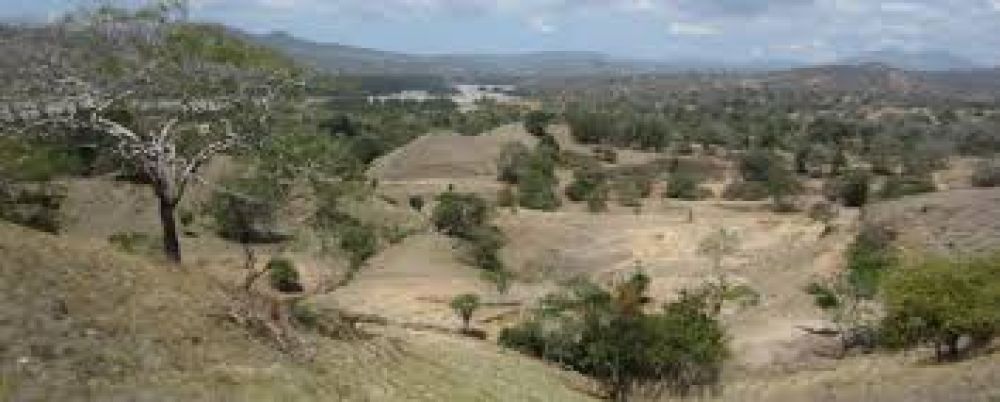

Situated in the eastern part of Timor-Leste, Lospalos is a town with a rich cultural and historical significance. The history of tourism in Lospalos, like much of East Timor, is a tale of resilience and rebirth, deeply intertwined with the nation's tumultuous past.
Prior to the events that shaped its recent history, Timor-Leste was a colony of Portugal for several hundred years, until 1975. The region's natural beauty and colonial heritage long attracted a modest number of tourists, with Lospalos standing out for its unique cultural practices and the picturesque landscapes that surround the town. However, tourism was not significantly developed during this period.
The struggle for independence from Indonesia, which invaded Timor-Leste shortly after the Portuguese withdrawal, had a devastating effect on the nation. Lospalos, like many other regions, saw significant turmoil and violence. This period, which lasted until 1999, severely hampered tourism development due to safety concerns and lack of infrastructure.
Following the UN-administered period and the restoration of independence in 2002, Timor-Leste began the arduous process of rebuilding its economy and infrastructure. Tourism was identified as a potential driver of economic growth. Lospalos, with its off-the-beaten-path appeal and cultural wealth, slowly started to attract the more adventurous travelers. There are now several cultural festivals throughout the year that showcase traditional music, dance, and crafts, such as the Festival of Lautem which is a significant draw for both domestic and international visitors.
Ecotourism has emerged as a significant trend in Lospalos due to the region's untouched natural environments and biodiversity. Travelers are drawn to Timor-Leste's largely unexplored coral reefs, pristine beaches, and rugged mountain ranges. Lospalos is an ideal starting point for visits to the Nino Konis Santana National Park, which is the country's first national park and a key attraction for nature lovers and bird watchers.
Cultural tourism is also on the rise, with an increasing number of tourists coming to experience the traditional life of the Timorese people. Lospalos is particularly notable for its cultural heritage, including the Fataluku language and traditions that are still practiced today.
The development of sustainable tourism is a priority for Timor-Leste, ensuring that the environmental and cultural assets are preserved for future generations. Initiatives such as community-based tourism are becoming more prevalent, offering visitors immersive experiences while providing local communities with economic benefits.
Despite its challenges, the future of tourism in Lospalos looks promising. Continued investment in infrastructure, combined with community-led tourism projects and the promotion of ecological and cultural preservation, is paving the way for a more secure and sustainable tourism sector that celebrates the rich diversity and history of this unique region of Timor-Leste.